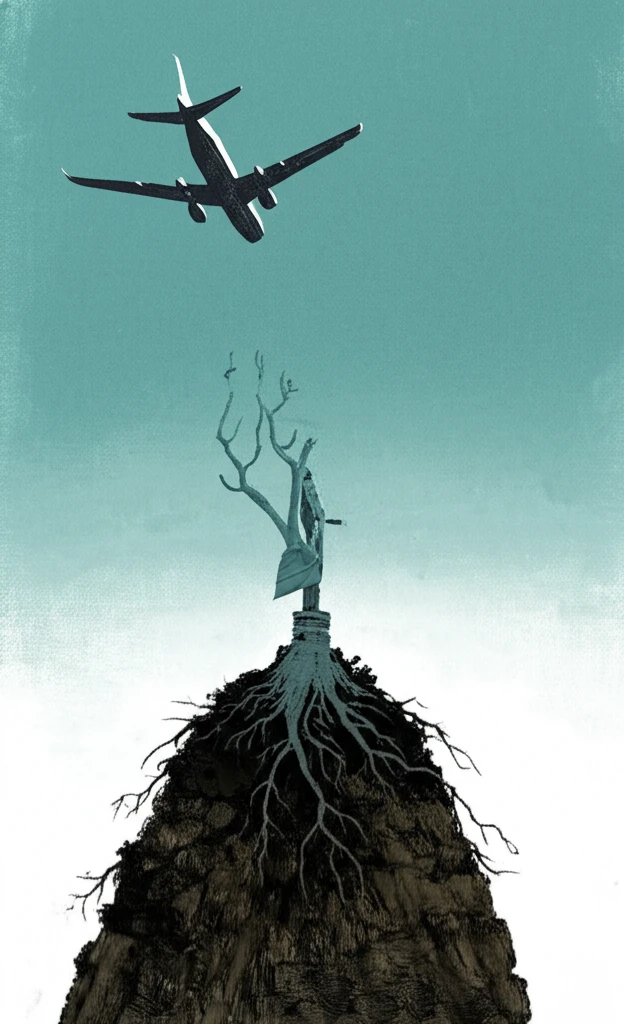
Travel Addiction: Are You Hooked on Holidays?
"Uncover the psychology behind travel addiction, its effects, and how to recognize if your wanderlust has become more than just a hobby."
In today's world, the allure of travel is stronger than ever. With increasing access to international destinations and a growing desire for unique experiences, many find themselves frequently on the move. But when does a love for travel cross the line into something more compulsive?
The concept of 'travel addiction' is gaining recognition as a genuine behavioral pattern. While the term 'addiction' is often associated with substance dependence, behaviors like shopping, gaming, and even exercise can become addictive. Similarly, for some individuals, the pursuit of travel can evolve into an uncontrollable urge.
This article delves into the phenomenon of travel addiction, exploring its characteristics, the factors that contribute to its development, and strategies for maintaining a balanced approach to travel. Whether you're a seasoned globetrotter or simply curious about the psychology of travel, this guide will provide valuable insights into the complexities of wanderlust.
What is Travel Addiction?

Travel addiction, also known as 'wanderlust' or 'dromomania,' is characterized by an excessive and uncontrollable urge to travel. Individuals experiencing travel addiction may prioritize travel above other important aspects of their lives, such as work, relationships, and financial stability. This behavior can manifest in several ways:
- Salience: Travel becomes the most important activity in a person's life, dominating their thoughts and plans.
- Mood Modification: Travel provides a temporary escape from stress or negative emotions, creating a sense of euphoria or excitement.
- Tolerance: Individuals need to travel more frequently or to more exotic locations to achieve the same level of satisfaction.
- Withdrawal: Experiencing negative feelings such as irritability, restlessness, or anxiety when unable to travel.
- Conflict: Travel behavior leads to conflicts with family, friends, or work due to time or financial commitments.
- Relapse: After periods of control or abstinence, there's a strong tendency to return to previous travel patterns.
Finding Balance: Healthy Travel Habits
Recognizing the signs of travel addiction is the first step toward regaining control and fostering a healthier relationship with travel. By understanding the underlying motivations and implementing mindful strategies, it's possible to enjoy the benefits of travel without letting it take over your life. Remember, the goal is to enhance your life through travel, not to escape it.
